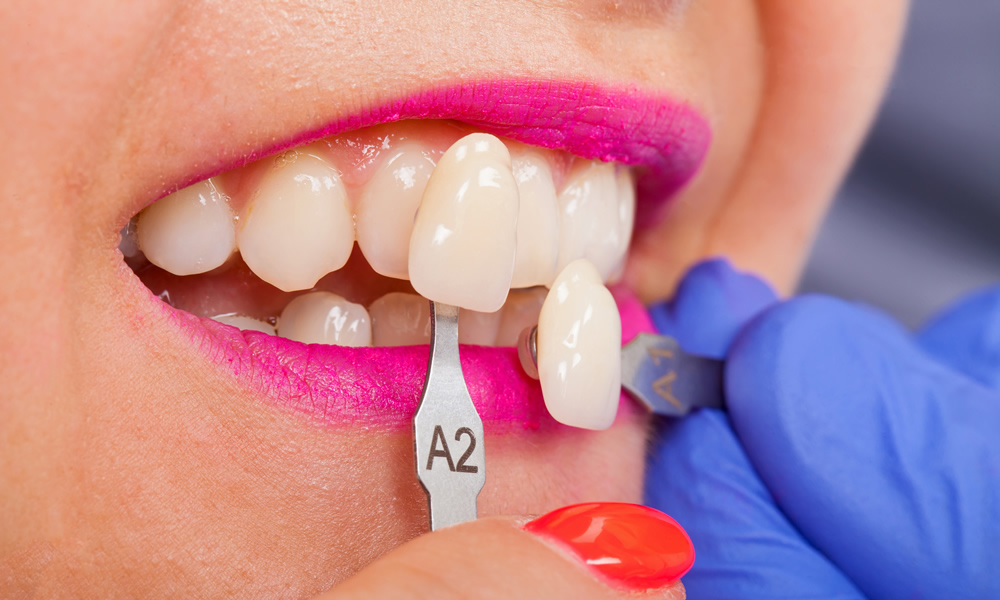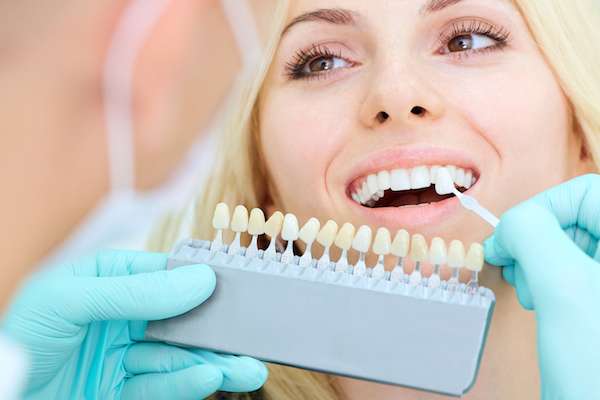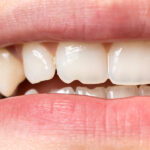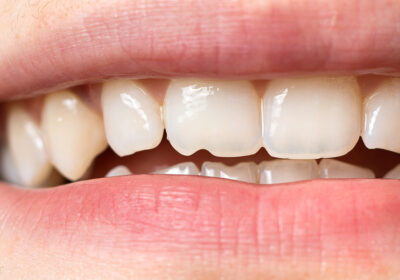
How to Take Care of Porcelain Veneers: The Ultimate Guide?
Porcelain veneers are a popular choice for those looking to enhance their smile. These thin, custom-made shells cover the front surface of your teeth, improving their appearance and providing a natural-looking finish. However, like any dental treatment, Porcelain veneers require proper care to maintain their beauty and longevity. In this guide, we’ll walk you through everything you need to know about how to take care of porcelain veneers to keep them looking their best for years to come.
What Are Porcelain Veneers?
Porcelain veneers are thin, custom-made shells of tooth-colored material that are bonded to the front of your teeth. They’re designed to enhance your smile by improving the shape, size, and color of your teeth. Veneers can fix issues like stained, chipped, or slightly misaligned teeth, offering a flawless and natural-looking result.
Why is Proper Care Important?
Caring for your porcelain veneers is crucial for maintaining their appearance and durability. Just like natural teeth, they require regular cleaning and protection from damage. The better you care for them, the longer they will last, and the more vibrant your smile will be.
Think of your veneers like a fine piece of china – they’re beautiful and delicate, but they need to be treated with care to avoid chips, stains, or wear.
How to Maintain Porcelain Veneers
Proper maintenance ensures your veneers stay in top condition. Here are the key steps to keep in mind:
Brushing Your Veneers
Brushing your porcelain veneers should be a part of your daily routine. Use a soft-bristled toothbrush and fluoride toothpaste to gently clean your veneers twice a day. Avoid abrasive toothpastes or hard-bristled brushes, as these can scratch the surface of the veneers.
To avoid plaque buildup, brush along the gum line and in between your teeth. Don’t forget to brush the back of your veneers, as food particles can get stuck there too.
Flossing and Interdental Care
Flossing is just as important for veneers as it is for natural teeth. Floss between your teeth at least once a day to remove food particles and prevent gum disease. Be gentle while flossing, as pulling or snapping the floss can damage the porcelain or your gums.
For those who have trouble with traditional floss, an interdental brush or a water flosser can be a great alternative. These tools help clean areas between your veneers that a toothbrush can’t reach.
Avoiding Harmful Foods and Drinks
Certain foods and beverages can harm your veneers or cause them to stain. Acidic foods like citrus fruits or soda can wear down the surface of your veneers over time. Sugary or sticky foods can also contribute to plaque buildup, increasing the risk of gum disease or cavities.
Be mindful of drinks like coffee, tea, and red wine, as these can stain your veneers. If you can’t avoid them, try rinsing your mouth with water after consuming them.
Visiting Your Dentist Regularly
Routine dental visits are key to maintaining your porcelain veneers. Regular check-ups allow your dentist to examine your veneers and ensure they’re intact. They can also professionally clean your veneers and provide tips for better care. Annual or bi-annual visits are ideal for catching any potential issues early.

Protecting Your Veneers from Damage
Porcelain is a durable material, but it’s not indestructible. Avoid using your teeth as tools (for example, opening packages or chewing on pens), as this can damage both your natural teeth and veneers.
If you grind your teeth at night, consider wearing a nightguard. This protective device will help prevent excessive pressure on your veneers and prevent them from cracking or chipping.
Dealing with Stains on Porcelain Veneers
Although porcelain is stain-resistant, it’s not completely immune. Over time, exposure to certain foods and drinks may cause some discoloration. If you notice stains, consult your dentist. They may recommend professional cleaning or polishing to restore the original shine of your veneers.
For minor stains, brushing with a whitening toothpaste (approved by your dentist) can help reduce the buildup of surface stains.
How to Handle Chipped or Cracked Veneers
Porcelain veneers are highly durable, but they can still crack or chip if subjected to trauma. If you accidentally chip or crack a veneer, don’t panic. Contact your dentist immediately. They may be able to repair the veneer or replace it if necessary.
Your dentist may also suggest replacing any damaged veneers with new ones if they’re beyond repair.
Veneers vs. Other Dental Solutions
When considering options for fixing gaps, it is important to compare veneers with other solutions such as:
- Braces: Ideal for significant alignment issues.
- Bonding: A quicker and less invasive option for minor gaps.
- Crowns: Used for more extensive tooth damage or gaps.
- Composite Veneers : Composite veneers are made from tooth-colored resin and can be applied directly to the teeth in a single dental visit. While more affordable than porcelain veneers, they may not offer the same longevity or translucency.
Can You Whiten Porcelain Veneers?
Unlike natural teeth, porcelain veneers do not respond to traditional whitening treatments. However, your dentist may offer professional whitening options for your natural teeth that can help your smile look even more balanced. If your veneers have become stained over time, a professional cleaning or polishing may restore their original appearance.
Common Mistakes to Avoid with Veneers
When caring for your porcelain veneers, avoid common mistakes like using abrasive toothpaste, neglecting to floss, or chewing on hard objects. These habits can cause damage to your veneers, diminishing their longevity.
How Long Do Porcelain Veneers Last?
With proper care, porcelain veneers can last between 10 to 15 years. However, they may need to be replaced sooner if they become damaged or worn down. Regular dental visits and proper oral hygiene will help extend their lifespan.
Conclusion and Final Tips
Taking care of your porcelain veneers doesn’t have to be complicated. By brushing and flossing regularly, avoiding harmful foods and drinks, and protecting your veneers from damage, you can ensure they stay beautiful for many years to come. Remember, your dentist is always there to help with any concerns or maintenance issues, so don’t hesitate to reach out when needed.
With a little effort, your smile will remain as bright and flawless as the day you first got your veneers.
FAQs
1. Can porcelain veneers get stained?
Yes, porcelain veneers are resistant to staining, but over time, exposure to certain foods and drinks like coffee or red wine can cause surface stains.
2. How often should I visit the dentist with porcelain veneers?
It’s recommended to visit your dentist at least twice a year for a routine check-up and cleaning.
3. Can I whiten my porcelain veneers?
No, porcelain veneers do not respond to traditional whitening treatments. However, your dentist can clean or polish them to remove stains.
4. Can I eat with porcelain veneers?
Yes, you can eat with porcelain veneers, but avoid extremely hard foods or using your teeth as tools to prevent damage.
5. How long do porcelain veneers last?
With proper care, porcelain veneers typically last between 10 to 15 years. Regular dental visits and good oral hygiene will help them last longer.















